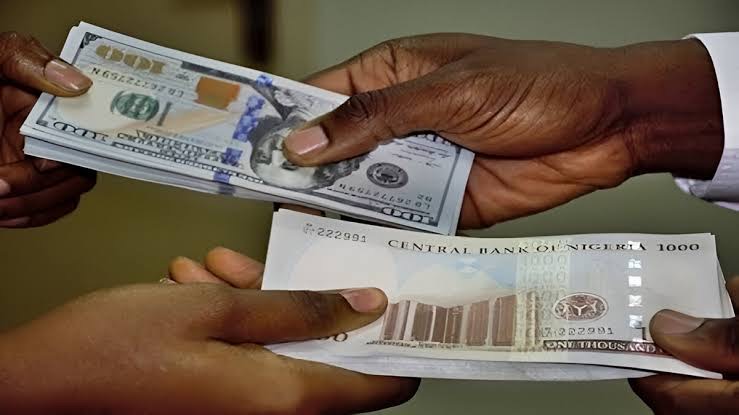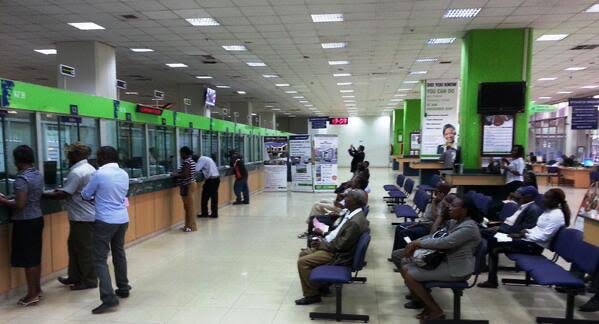The Central Bank of Nigeria (CBN) hopes that selling dollars in today’s retail auction will help stop the downward spiral of the naira.
The central bank received a list of all outstanding foreign currency demand from end users from authorized dealer banks after informing banks in a circular that it was different from the usual wholesale auctions to banks.
Sources said the CBN is confounded by the rapid fall of the naira despite stepping up its intervention in the foreign exchange market.

According to FMDQ data, the bank sold $369 million in July, while buying less than $20 million from depository banks.
The CBN’s intervention did not bring the expected relief to the naira, forcing the CBN to shift course to retail auctions. It fell below a record low of 1,600 naira last month. On Tuesday, the naira closed at 1,601 to the dollar, down 70 percent from last year.
Some traders said the bank was looking to raise more naira liquidity through retail auctions.

Ayokunle Olubunmi, head of financial institutions ratings at Agusto Consulting, said the CBN’s policy change was aimed at meeting the growing demand for foreign currency and stabilizing the currency. Olubunmi noted that the CBN’s decision marks the return of a system previously used to ensure legitimate foreign exchange transactions.
“The CBN has been trying to reduce activities on the forex window,” he said, “but the reality is that the CBN will actually be the main supplier. They are creating this particular window to ensure that the naira stabilizes.”
He stressed that the high demand for dollars has prompted the CBN to take several measures, including selling dollars to exchange dealers, to ease pressure on the naira. He noted that this move is crucial to prevent the devaluation of the naira.
“The reality is that the CBN will still be the main supplier of forex,” Olubunmi reiterated. “Reintroducing the retail Dutch auction will support the naira and stem devaluation.”
The CBN circular said the impending sale is in response to “growing unmet foreign exchange demand,” which has increased pressure on the naira exchange rate.
The naira is also under significant pressure due to seasonal demand from summer tourists and importers.
The central bank has traditionally used both retail and wholesale auctions to supply dollars to the market. Retail auctions serve customers directly, while wholesale auctions provide dollars to banks.































